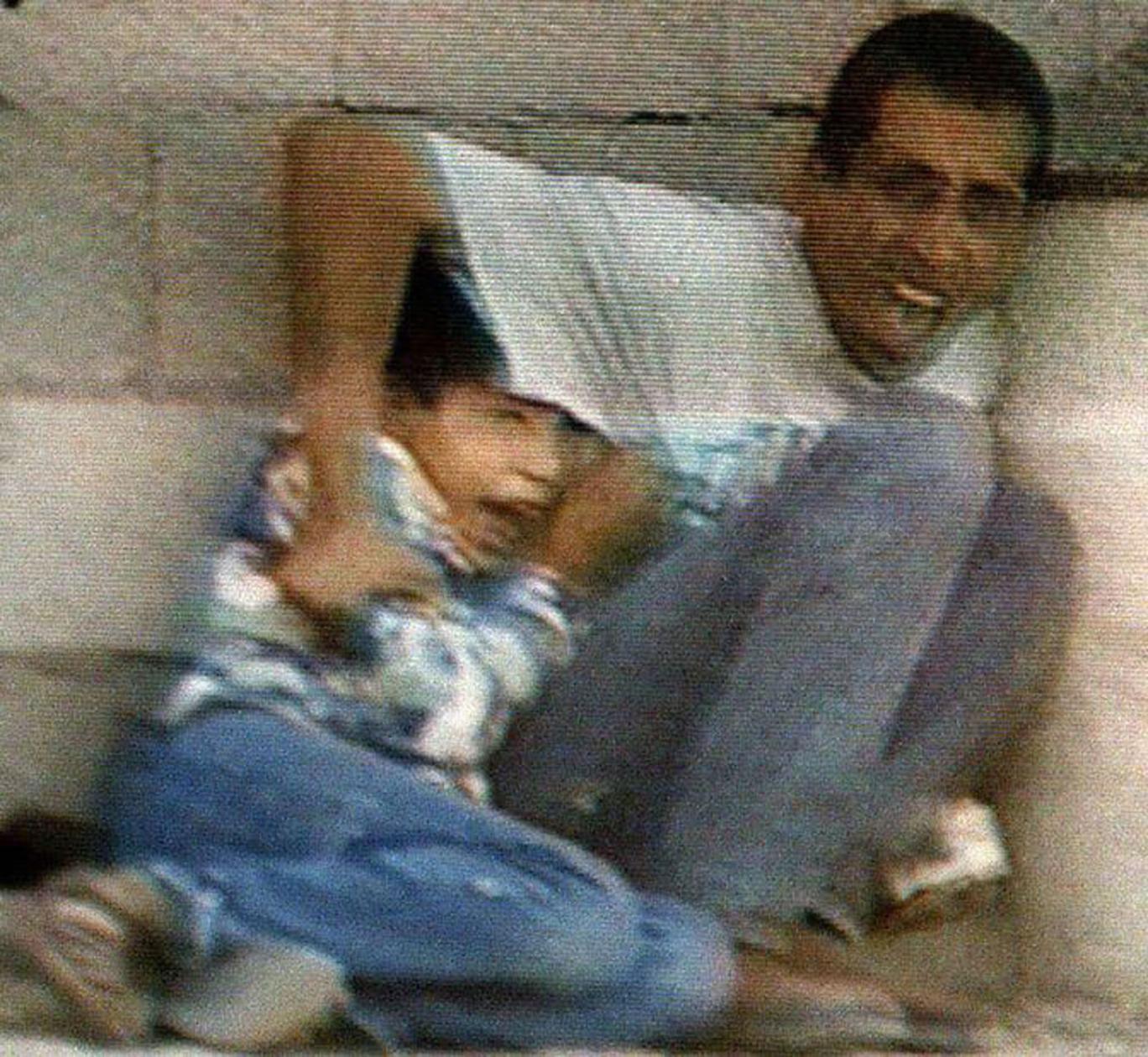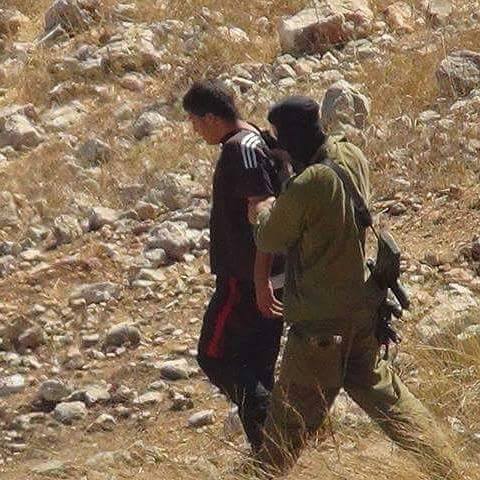-
The fog of war: remembering Muhammad al-Durrah
30th September 2015 | International Solidarity Movement, Al-Khalil team | Gaza, occupied Palestine Chaos in the streets of Gaza. Israeli forces showered the strip with gunfire while Palestinian medics ran frantically to evacuate those crumpled on the ground with blood rushing from holes in their bodies before racing for cover themselves. Running from the violent, […]
-
Senseless violence against Palestinian demonstrators in al-Khalil (Hebron)
29th September 2015 | International Solidarity Movement, Al-Khalil team | Hebron, occupied Palestin Today in occupied al-Khalil (Hebron), Israeli forces ruthlessly attacked a peaceful demonstration. The demonstration was organised against the Israeli forces deadly shooting of 18 year old martyr Hadeel Hashlamoun at a Tel Rumeida checkpoint yawning into segregated Shuhada Street. Israeli forces started […]
-
Double standards, one rule for all – except Palestinians
27th September 2015 | International Solidarity Movement, Al-Khalil team | Nabi Saleh, occupied Palestine On the 28th of August, Mahmoud Tamimi was arrested in Nabi Saleh during the weekly non violent demonstration. Every Friday, just after the prayer, the residents demonstrate against the expansion of the illegal settlement of Halamish which has continuously confiscated Palestinian […]
Action Alert An Nabi Saleh Apartheid Wall Arrests BDS Bethlehem Bil'in Cast Lead Demonstration Denial of Entry Ethnic Cleansing Farmers Gaza Global Actions Hebron House Demolition International law Israeli Army Jerusalem Live Ammunition Nablus Ni'lin Prisoner Ramallah Rubber-coated steel bullets Settlement Settlers Settler violence Tear-Gas Canister Video



